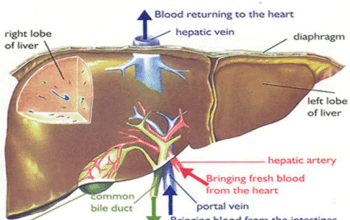Chewing gum is a common habit for many people, but what happens when you accidentally swallow it? Contrary to popular belief, swallowing chewing gum is not just a minor inconvenience—it can potentially lead to serious health risks that many people are unaware of.
Understanding Gum and Digestion
When you swallow chewing gum, your body handles it differently from other foods. Unlike digestible substances, gum is made from a combination of synthetic materials, including:
- Gum base (a non-digestible rubber-like substance)
- Softeners
- Sweeteners
- Flavorings
The human digestive system is not designed to break down these synthetic components. While most of the time, swallowed gum will pass through the digestive tract without causing significant problems, there are instances where complications can arise.
Potential Health Risks
The most significant concern with swallowing chewing gum is the potential for intestinal blockage. Although rare, multiple pieces of gum or gum swallowed alongside other non-digestible items can accumulate and create what medical professionals call a bezoar—a mass that can obstruct the digestive tract.
Pediatric cases are particularly concerning. Children are more likely to swallow gum and may be at higher risk of complications. A study by the American Academy of Pediatrics highlighted several cases where children experienced gastrointestinal issues after repeatedly swallowing gum.
Symptoms of Potential Complications
If gum causes an intestinal blockage, individuals might experience:
- Persistent abdominal pain
- Constipation
- Bloating
- Difficulty passing stool
- Vomiting
Medical Intervention and Treatment
When serious symptoms occur, medical professionals may need to intervene. Diagnostic procedures can include:
- Physical examination
- X-rays
- Endoscopic procedures
In most cases, surgical intervention is not necessary. Most swallowed gum will naturally pass through the digestive system within 24-48 hours. However, repeated gum swallowing or concurrent ingestion of other non-digestible items can increase complication risks.
Prevention is Key
To minimize risks associated with gum swallowing, consider these preventive measures:
- Educate children about proper gum disposal
- Supervise young children while they’re chewing gum
- Encourage responsible gum-chewing habits
- Always dispose of gum in a trash receptacle
When to Seek Medical Help
While most gum swallowing incidents are harmless, parents and individuals should seek medical attention if experiencing:
- Persistent abdominal pain
- Inability to pass stool
- Continuous vomiting
- Signs of intestinal distress
The myth that swallowed gum remains in your stomach for seven years is just that—a myth. Modern medical research confirms that gum typically passes through the digestive system like any other indigestible substance.
Understanding the potential risks of swallowing chewing gum can help individuals make more informed decisions and maintain better digestive health. While occasional accidental gum swallowing is unlikely to cause serious harm, it’s always best to practice safe gum-chewing habits.






